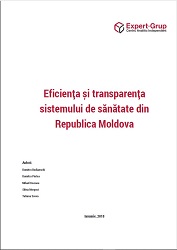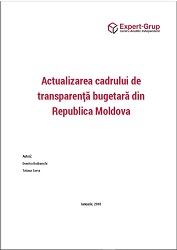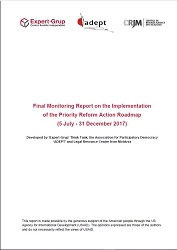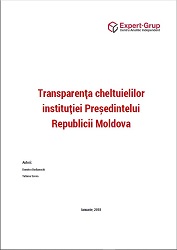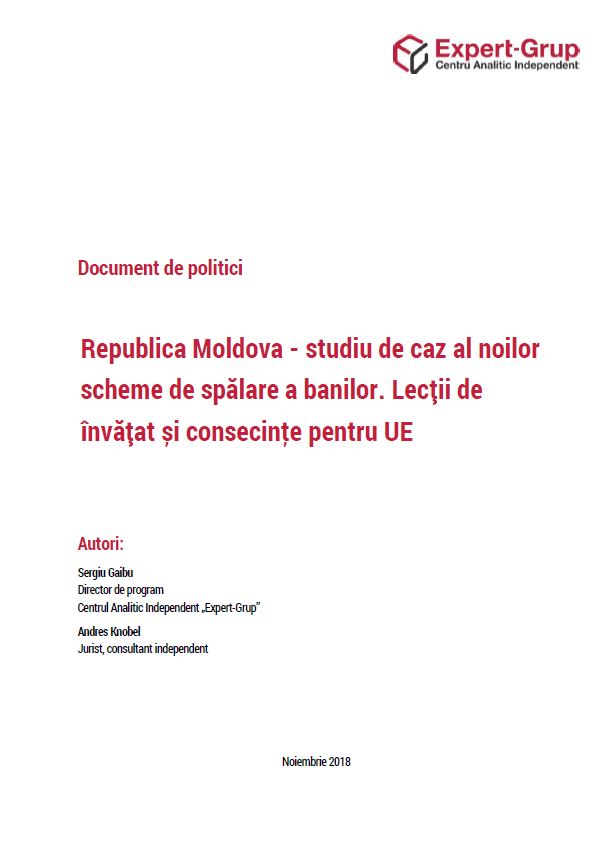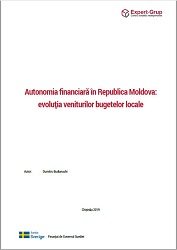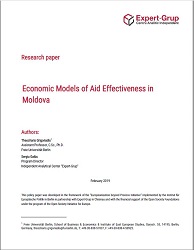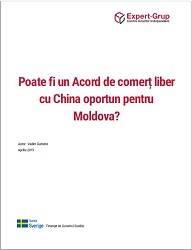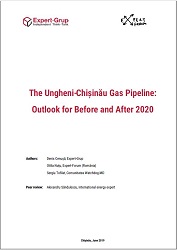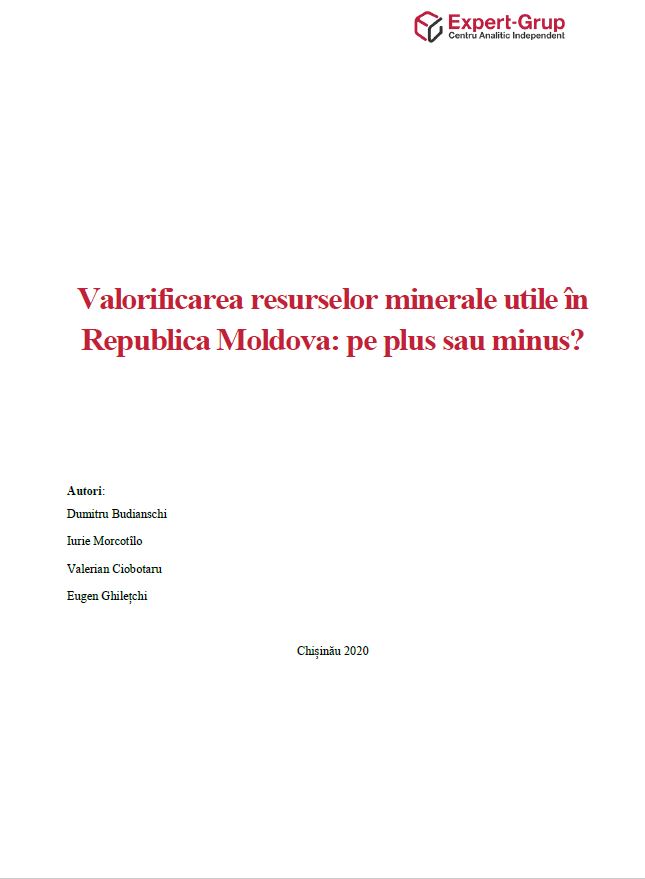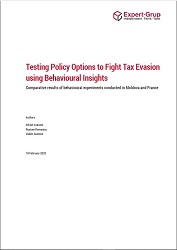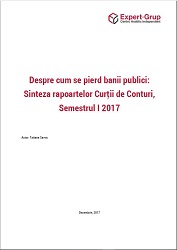
About how public money is lost: Synthesis of the reports of the Court of Accounts, Semester I 2017
Despre cum se pierd banii publici: Sinteza rapoartelor Curții de Conturi, Semestrul I 2017
Two decisions out of the 10 published, concerned the way in which the institutions previously referred to in the audit reports implemented the recommendations submitted: the Agency for Interventions and Payments in Agriculture on the subject of the subsidies granted and the Ministry of Internal Affairs on the subject of real progress and prospects for the automation of processes in the field internal affairs. // This study, in turn, comes to present the synthesis of the main findings from the reports of the Court of Accounts on four themes: the way in which the money from the Mandatory Medical Assistance Insurance Funds is spent, how correctly the money from this fund was spent by the National House of Social Security, how the money was spent to restructure the wine sector and how well the National Food Safety Agency and its subordinate institutions manage the financial resources and assets under management.
More...
